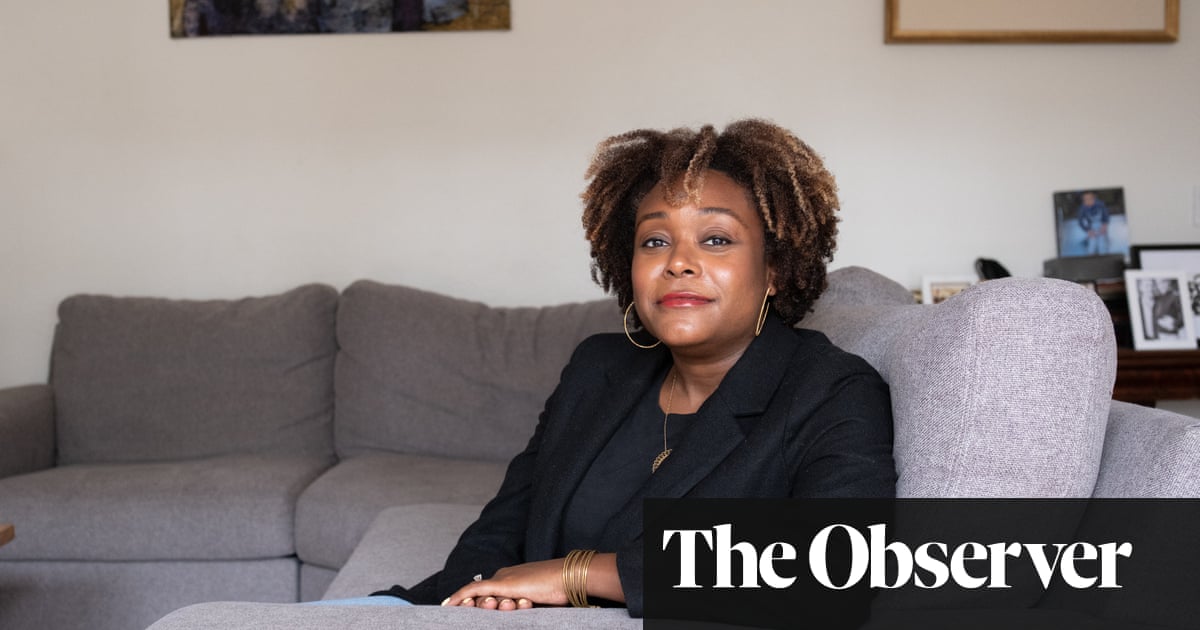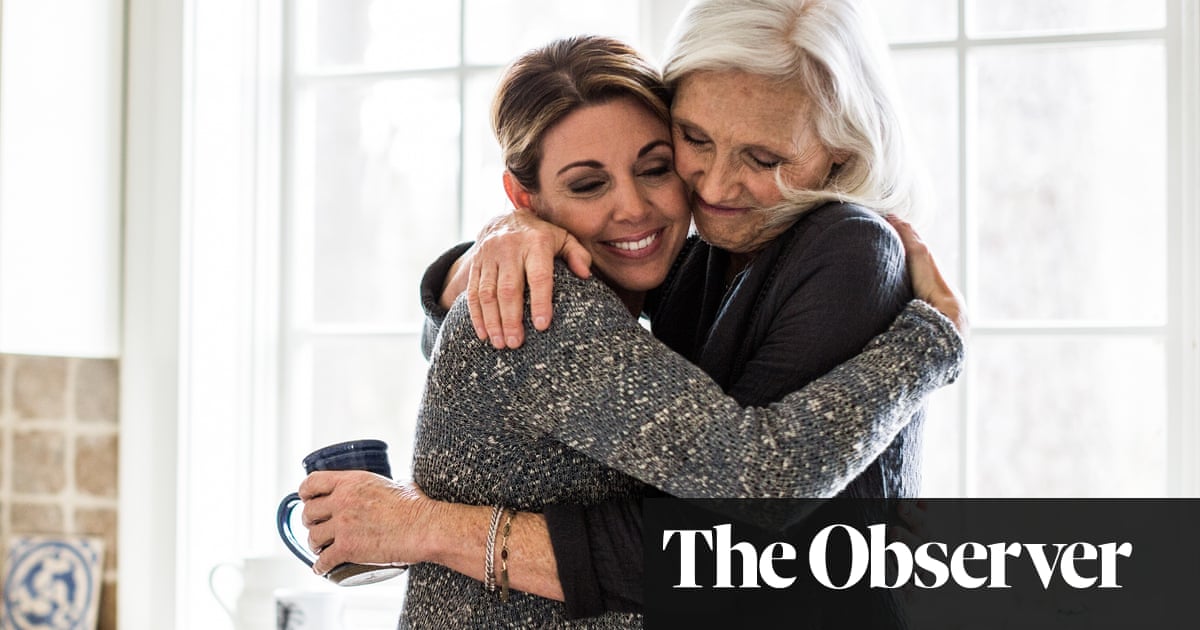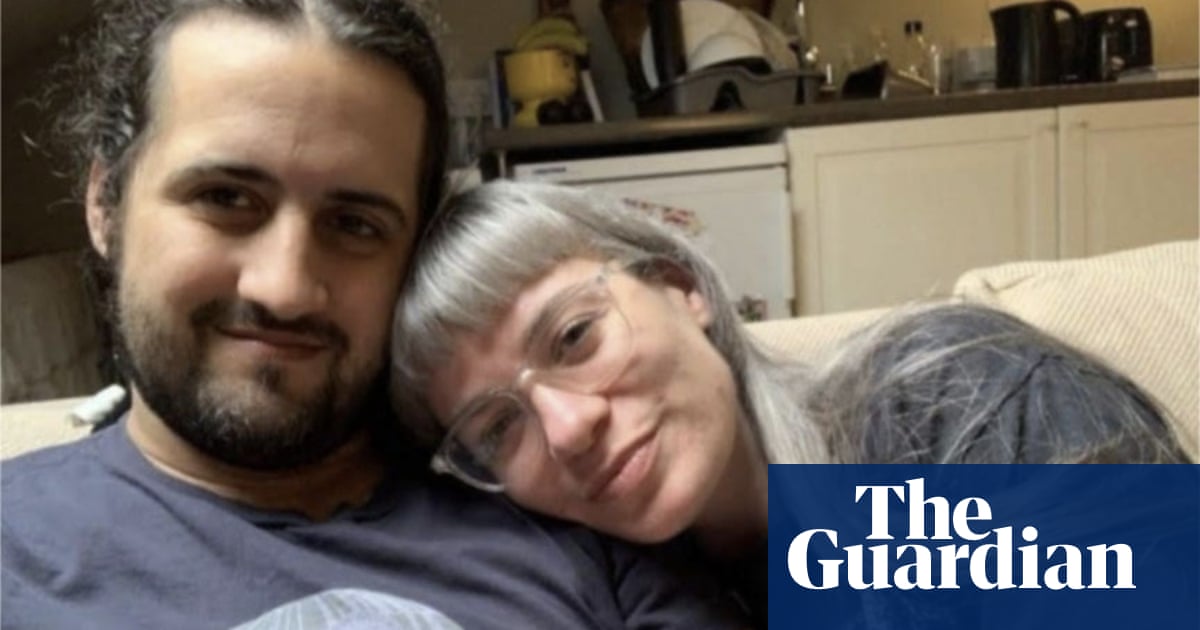
The question My partner broke up with me after being together throughout the pandemic and, at the end, part of her reasoning was that she felt she “didn’t really know who I am”.
I recently started seeing someone new and, although we’ve only known each other for a month, she said the same thing unprompted. Truthfully, I feel the same way about myself. I’m 30 and I’ve always felt subdued and unable to be expressive. I don’t know how to be authentically me. How do I find myself?
I worry that I don’t have the right things to say and that girlfriends will either be bored by or put off by what I share, so I share as little as possible (not always, but it is my natural inclination). I also shy away from conflict. I’m not good at expressing myself and I think if I speak, I’ll only make things worse.
Philippa’s answer I wonder if you feel that if you are yourself, you may put another person off. But if we never take the risk of putting the other person off, we never give ourselves the opportunity of letting ourselves be known. To be known we have to be seen. We will never be seen if we hide. To truly connect with others we need to be, not who we think we ought to be, but who we really are. You are worried about being boring. In my experience in the psychotherapy room and outside it, people are more likely to be boring when they are not taking the risk of being real. In other words, I want you to work on developing a tolerance for being vulnerable.
One of the ways to increase wisdom and connection is to speak in the moment and work out things in conversation, rather than thinking we have to have everything right before we speak. This means not filtering all your thoughts: instead, say, “I love you,” or try to articulate other scary, self-revelatory thoughts without knowing how they are going to land. You can work out how you feel, not always on your own in your head, but in relationship with another. Say things spontaneously for the first time before you’ve thought them through. Practise being yourself and being unsure how you’ll be received. Dare to share. Is this a fail-safe formula? No. It is a risk. But without allowing ourselves to be really seen, a potential partner won’t be able to really connect with us. So, in my view, it’s a risk worth taking.
In response to our earliest environment, we develop coping strategies and these become ingrained habits. What may have got you through early on – may have even earned you the appellation of “good boy!” – might have been “sharing as little as possible”. But what might have been a self-preserving policy in the past can become a self-defeating policy in the present. You say not sharing is your “natural inclination”. It could be just early adaptation, therefore ingrained rather than natural.
Adapting to other people is a skill, and I suspect one you have in so much abundance that you might have lost some of yourself. Some people need to learn how to adapt and turn up the adaptation dial, while others – you seem to be among them – need to turn it down. If you adapt so completely to the other person, there is nothing left of you for them to have a relationship with. It is even hard for you to have a relationship with yourself. I expect you are putting in more energy to work out the other’s feelings than giving yourself attention to figure out your own.
Perhaps conflict is difficult for you because you have difficulty in knowing what you feel. Conflicts are usually far more about how we each feel than they are about facts. There will be conflicts in any relationship as we all experience things differently. It’s better if we can think of differences, not so much as I’m right, they’re wrong, winning and losing, but as an opportunity to gain understanding of the other’s view point and to communicate how you feel about yours. Then, considering your and their feelings, work together for compromise. If conflict is completely avoided, not talked about, never aired, a relationship can shrink because, as subjects become taboo, it means there will be less and less to talk about and areas of loneliness creep in where each of you remain unseen.
I’m wondering if you are numb where feelings are concerned. You don’t say how you feel about your break-up. Perhaps you learned to numb emotion because to have your feelings meant having pain. Trouble is, we cannot just numb hurt and pain without numbing joy as well. I think you need to work on turning up your feelings dial. You don’t have to go from zero to 10; try turning to a two or a three to start with. It will take practice. Your homework is to ask yourself several times a day – perhaps every time you go through a door – “What am I feeling?” Then from the answer work out what you want and then, ask for it, go for it. It’s time for you to experiment.
Recommended reading Couch Fiction, a graphic novel about psychotherapy by, er, me, about a man who had to learn how to feel, available from guardianbookshop.com.
Recommended viewing Brené Brown’s Ted Talk, The Power of Vulnerability.
If you have a question, send a brief email to askphilippa@observer.co.uk












